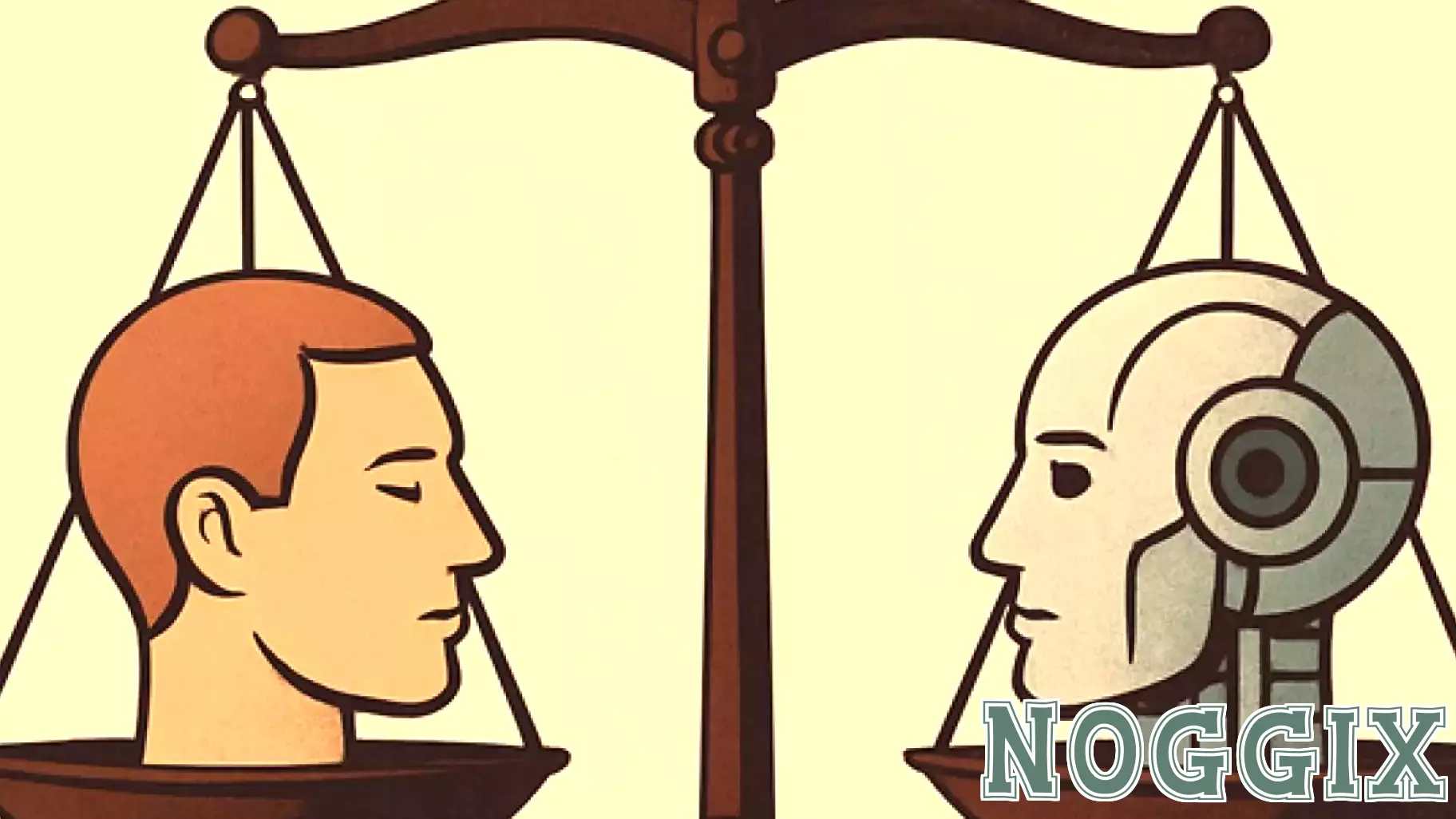The Potential of AI Jurors: A Study on Their Performance Compared to Humans
November 24, 2025 - 09:06

A recent study has revealed intriguing insights into the capabilities of AI jurors, suggesting that they may possess a superior understanding of legal principles compared to their human counterparts. Researchers found that AI systems are more adept at analyzing complex legal scenarios, particularly when it comes to evaluating evidence and making decisions about acquittal.
One of the key findings of the study indicates that AI jurors are less influenced by emotional biases that often affect human jurors. This objectivity allows them to focus solely on the facts presented in a case, leading to more consistent and fair verdicts. In situations where evidence is ambiguous or raises questions, AI jurors demonstrated a higher tendency to acquit defendants, reflecting a commitment to justice based on factual analysis rather than emotional response.
As the legal system continues to evolve, the integration of AI into jury processes may offer a revolutionary approach to ensuring fair trials. The implications of this research could pave the way for more efficient and impartial legal proceedings in the future.
MORE NEWS

February 24, 2026 - 23:01
The Emotional Impact of American MisogynyThe recent release of court documents has thrust horrific accounts of exploitation into the public eye, serving as a stark and unsettling reminder of deep-seated misogyny. For many, engaging with...

February 24, 2026 - 10:23
Frontiers | Relationship between ostracism and psychological crisis vulnerability among chinese college students: the mediating roles of self-uncertainty and subjective social statusA new study reveals a troubling connection between social ostracism and psychological vulnerability among university students in China. The research identifies key internal and social factors that...

February 23, 2026 - 22:31
The Moral Energy ProblemSeeing a disabled person as a full and complete human being requires a sustained effort, a force one philosopher has termed `moral energy.` For the families and loved ones who provide daily care,...

February 23, 2026 - 03:26
Psychology says the reason your father never told you he was proud of you isn't that he wasn't — it's that his generation was taught that providing was the language of love, and he said it every day in ways you weren't listening forFor many, the words `I`m proud of you` from a father remain an unspoken, lifelong ache. A common psychological perspective suggests this silence is rarely a reflection of a lack of feeling. Instead...